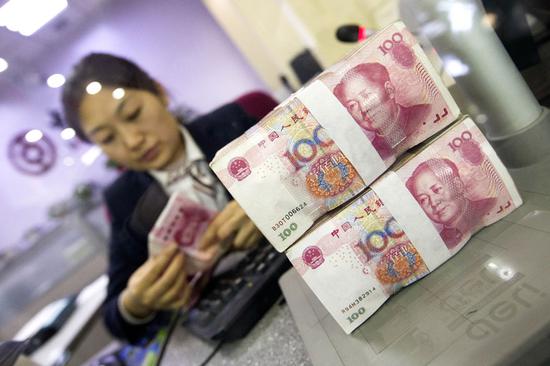
A cashier at a bank in Taiyuan, Shanxi province counts renminbi notes. (Photo/China News Service)
Big-ticket investments in new equipment by China's centrally administered State-owned enterprises will create fresh growth points for both domestic private firms and foreign companies alike, said experts and business leaders, stressing that all participants share entwined interests and great economic cooperation potential.
Aiming to stay at the forefront of the latest technological and industrial advances, the State-owned Assets Supervision and Administration Commission of the State Council announced last week that central SOEs will invest over 3 trillion yuan ($413.55 billion) into large-scale equipment upgrades over the next five years.
Central SOEs will implement a series of intelligent transformation, digital transition and network connectivity-themed projects to promote the integration of new technologies such as artificial intelligence with all aspects of the manufacturing process, SASAC said.
Chen Jianwei, a researcher at the Beijing-based University of International Business and Economics' Academy of China Open Economy Studies, said this move will help attract both foreign and domestic companies from the private sector to increase their investments in these fields in China.
"They are likely to increase spending on promoting technological innovation, green and sustainable development, digital transformation and the circular economy within the country," said Chen. "After all, it is rare to find such big growth opportunities worldwide."
Through enhanced integration into China's industrial supply chain, foreign companies can leverage the scale and efficiency of the Chinese market to optimize their global supply chains, he added.
Chinese SOEs are no strangers to purchasing high-end equipment from foreign enterprises. For example, GE Vernova Inc, a US-based energy equipment manufacturer, said in early July that two of its hydrogen-ready combined-cycle power generators were put into operation in a power plant in Huizhou, Guangdong province.
The power plant, owned by State-owned Guangdong Energy Group Co, is expected to inject up to 1.34 gigawatts of electricity into the grid and provide steam for industrial processes of a chemical complex in the city.
Xu Xin, president of China Gas Power Services at GE Vernova, said that China's medium and long-term plans for the development of the hydrogen energy industry proposes an accelerated conversion toward efficient hydrogen production from renewable energy.
The investment by central SOEs can also stimulate more involvement from the private sector, fostering a more dynamic and competitive industrial environment, said Hu Chi, a researcher at SASAC's research center.
The Ministry of Commerce emphasized in mid-July that it will continue to promote high-standard opening-up and improve the business environment, ensuring equal treatment for both domestic and foreign companies. This includes supporting large-scale equipment renewals, trade-in programs for consumer goods and relevant government procurement activities, said Ling Ji, vice-minister of commerce.
Liu Shaowei, head of the bureau of financial oversight and operational evaluation under SASAC, said that central SOEs will accelerate the replacement and upgrades of outdated production equipment having low efficiency and obsolete technologies.
The government will support central SOEs to develop and produce new types of equipment in various fields, such as industrial machinery, agriculture and healthcare, said Liu.
Since the beginning of the year, China has been promoting new industrialization, focusing on energy conservation and carbon reduction, digital transformation and intelligent upgrades, SASAC said.








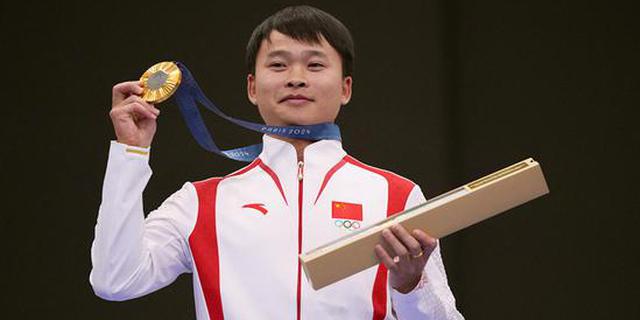

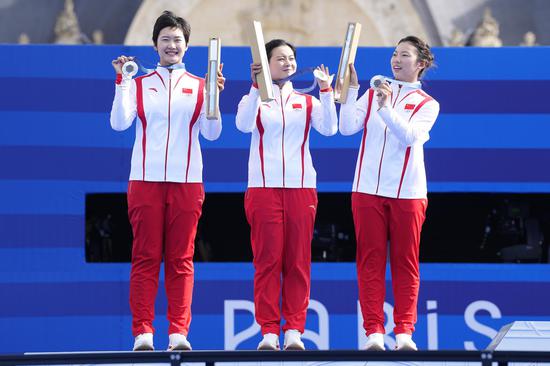




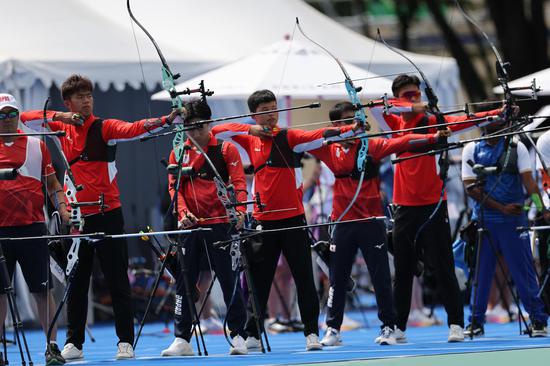
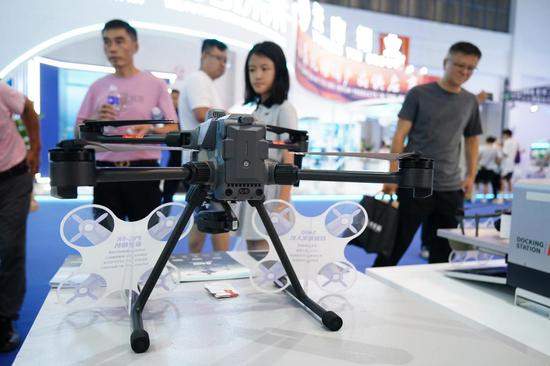






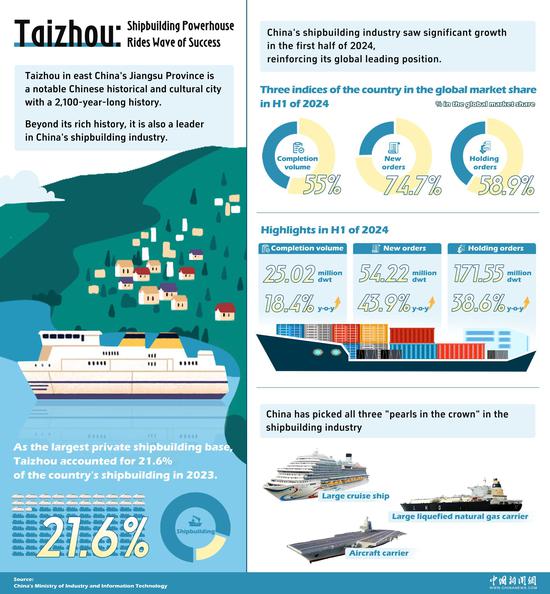
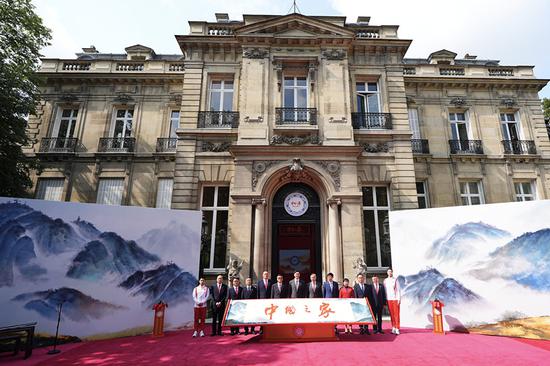
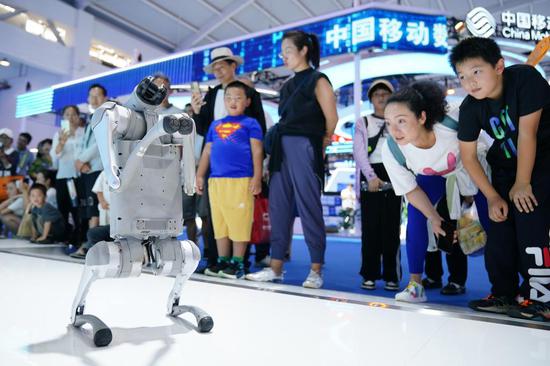






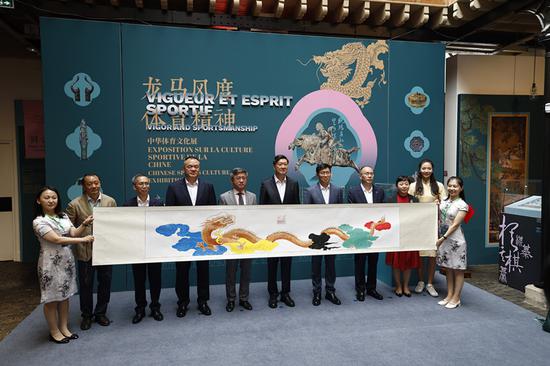

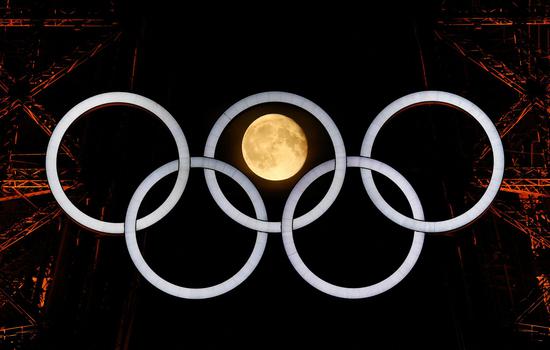

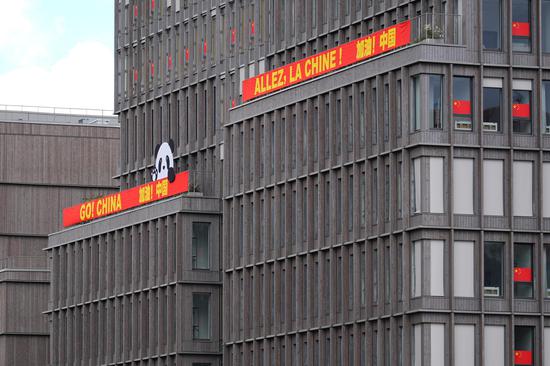
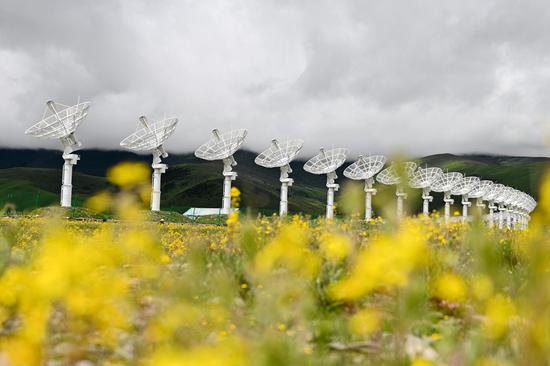
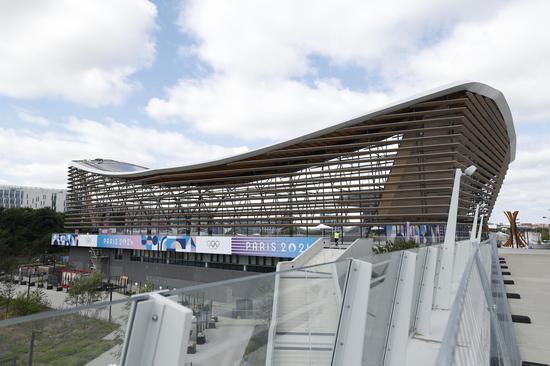







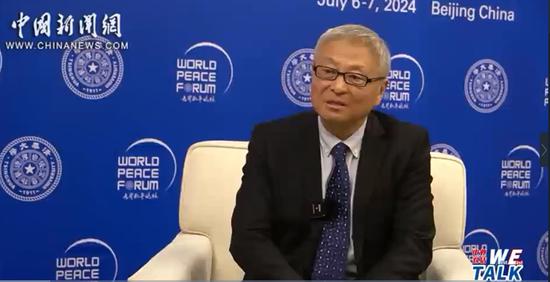

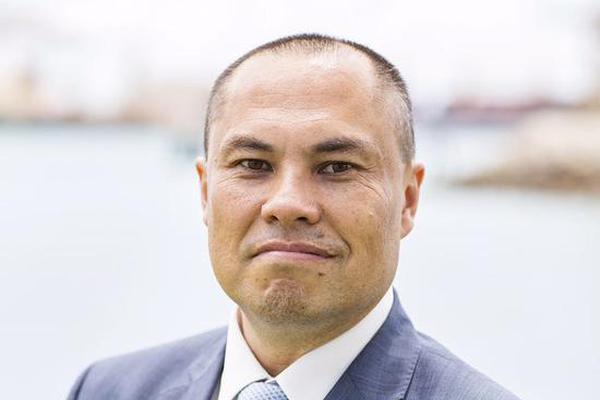

 京公网安备 11010202009201号
京公网安备 11010202009201号